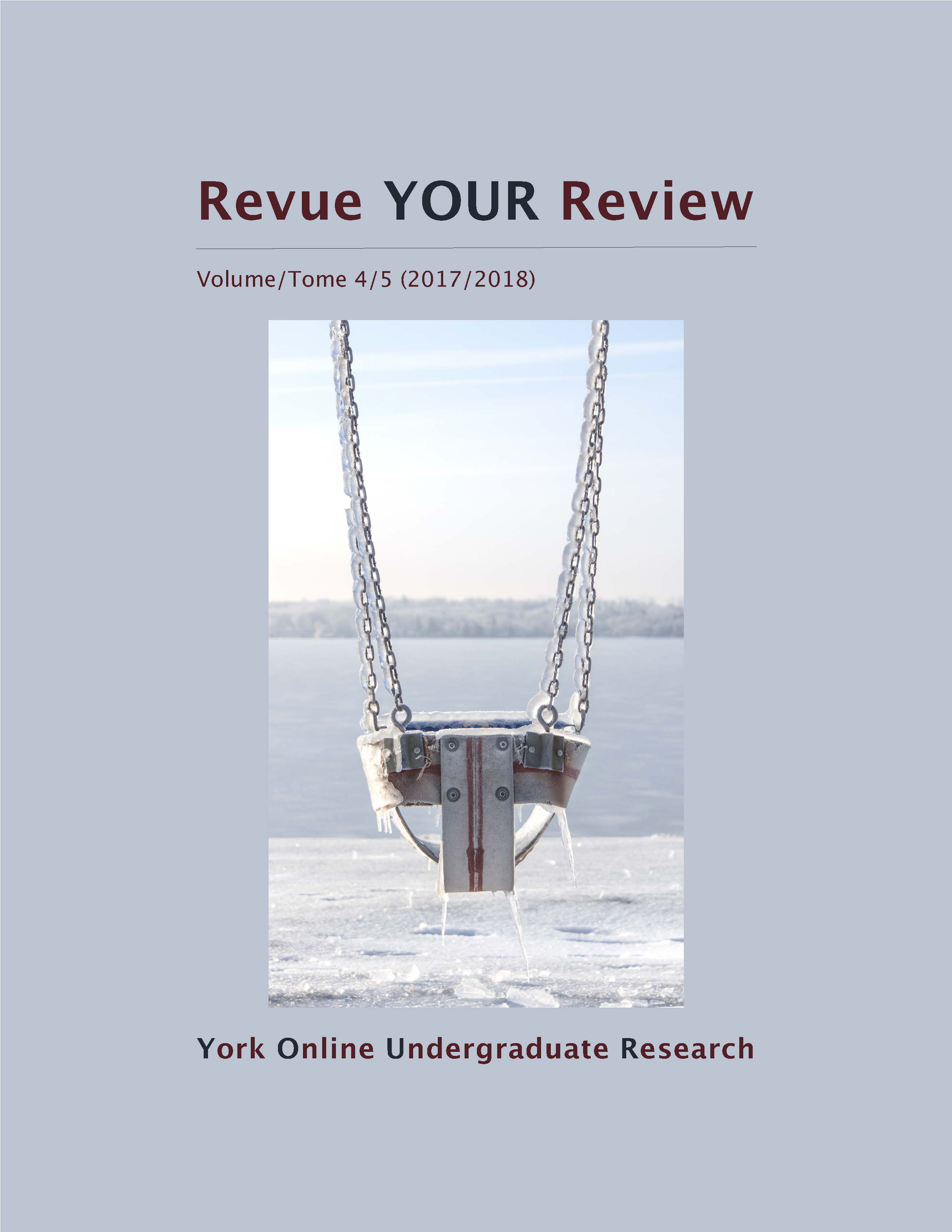Music to the Survivors’ Ears: The Role of Music in Mitigating Neurocognitive Impairments of Childhood Acute Lymphoblastic Leukemia Survivors
Abstract
Childhood acute lymphoblastic leukemia (ALL) is the most common form of childhood cancer and, due to high survival rates, there is an ever-growing population of survivors. Many childhood ALL survivors experience neurocognitive late effects that can affect intelligence, working memory, and processing speed, and which may be linked to chemotherapy received during treatment. Some clinical interventions have been tested in this population, but with minimal success. Music has been suggested as a therapeutic intervention for childhood cancer survivors at large, but not specifically for childhood ALL survivors. A review of the literature suggests that music may provide important benefits in all areas of neurocognitive difficulty for childhood ALL survivors. Therefore, music may be a promising form of intervention for the late effects of childhood ALL survivors, and it is necessary to develop and pilot such an intervention for this population.
Downloads
Published
How to Cite
Issue
Section
License

This work is licensed under a Creative Commons Attribution-NoDerivatives 4.0 International License.
Authors contributing to Revue YOUR Review agree to release their articles under one of three Creative Commons licenses: Creative Commons Attribution 4.0 International; Creative Commons Attribution-NonCommercial 4.0 International; or Creative Commons Attribution-NoDerivatives 4.0 International. All editorial content, posters, and abstracts on this site are licensed under Creative Commons Attribution-NoDerivatives 4.0 International. For further information about each license, see:
https://creativecommons.org/licenses/
In all cases, authors retain copyright of their work and grant the e-journal right of first publication. Authors are able to enter into other contractual arrangements for the non-exclusive distribution of the e-journal's published version of the article (e.g., post it to an institutional repository or publish it in a book or in another journal), with an acknowledgement of its initial publication in this e-journal.


